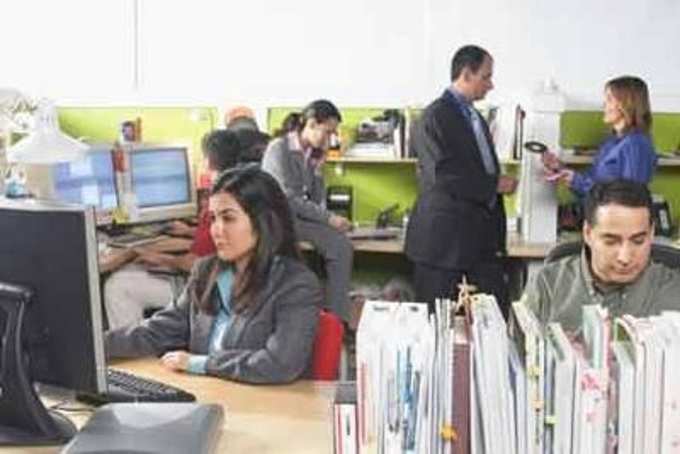
Indian IT companies are responding seriously to President Donald Trump's "Hire American” and are facing problems that they can't fix on their own.
Companies like Tata Consultancy Services, Infosys, Wipro and others depend heavily on the Indian techies and are now aiming at hiring more Americans, as the Trump administration is moving to tighten a work-visa programme. The potential H-1B visa curb has emerged as the gravest threat in recent times to Indian technology companies, which gas much as 60% of their revenue from the US.
The main hurdle these companies are facing is to train Americans. In India, these companies hire fresh engineering and science graduates in hordes and train them in writing software codes which isn't easy to replicate the strategy in the US.
Apart from that, there is a huge cost involved in the process as a majority of students for STEM (science, technology, engineering and mathematics) courses in US universities is foreigners - primarily Chinese or Indians - and not Americans.
"The problem is on the supply side, a constraint faced by all companies,” Shivendra Singh, vice-president of global trade development at
So as to overcome this, companies are adopting a calibrated strategy, of hiring locally and bridging the skills gap by taking workers from India on non-immigrant visas, including H-1Bs, he told ET.
According to an immigration expert, the US, if it wants more IT jobs to go to Americans, it has to start from within by first producing enough skilled professionals, said an immigration expert.
"It is unfair to penalise companies for hiring foreign H-1B professional workers. If
Nevertheless, IT services companies are going ahead with their hiring plans in the US since they can't risk losing businesses in their biggest market, even as they are also lobbying hard against the legislation.
"Now, the pressure on Indian IT companies like ours is to hire more local US talent. But there is a huge supply-demand gap in the US as far as tech talent is concerned,” an executive at
